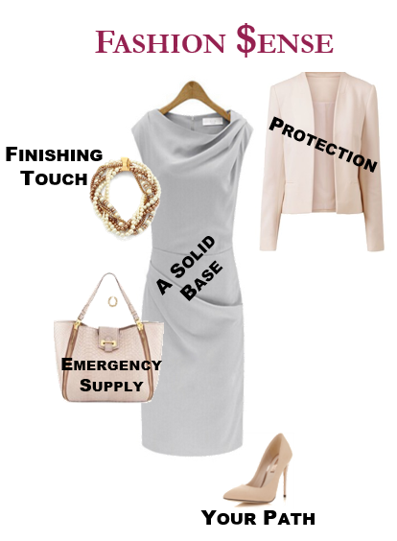Audio Version: Let Me Hear It!
At this point in our #FashionSense series, your financial essentials have all been covered and you should be feeling pretty put together. There is just one last thing you need to do to complete your look… accessorize! In the words of Oscar de la Renta, “a woman makes an outfit her own with accessories.” Consider an estate plan to be your financial accessory; it’s your unique way of expressing yourself, yet is easy to overlook.
Think of an estate plan as your rule book for what happens upon your incapacitation or passing. It’s an important financial accessory, yet most American’s don’t have one. Whether it’s avoiding the unpleasant thoughts, or the idea that you are too young, or not wealthy enough to need one, no excuse will matter if the unexpected occurs. While sometimes a single statement necklace is all an outfit calls for, you will need more than one document to handle issues that arise from incapacity or death. Your financial wardrobe will be officially complete with an estate plan that consists of the following:

